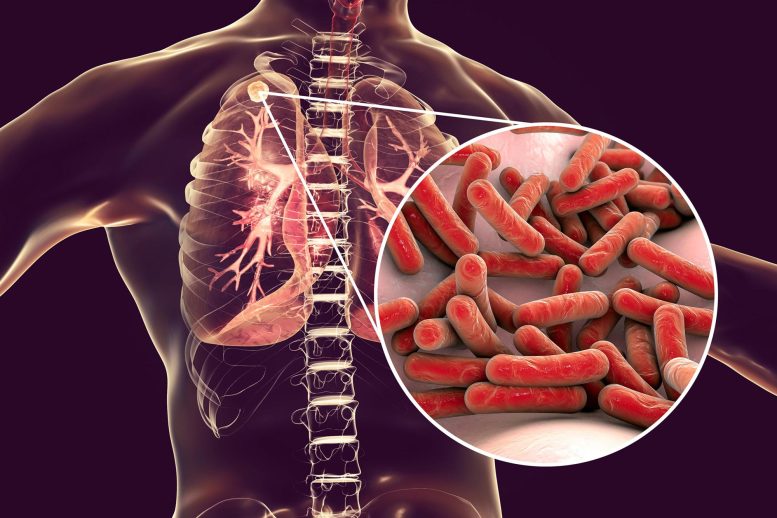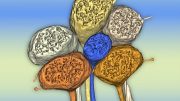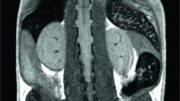
A new study underscores the significant but overlooked role of malnutrition in the global tuberculosis (TB) epidemic, advocating for the inclusion of nutritional interventions in TB elimination efforts. By treating TB as both a medical and social disease, the research highlights the potential for significant reductions in TB incidence and mortality rates through comprehensive strategies that address malnutrition.
Recognizing N-AIDS as a crucial factor and coexisting condition of can improve the detection, prevention, and eradication of TB.
Tuberculosis (TB) stands as the leading cause of infectious mortality globally, accounting for 10.6 million new instances and 1.6 million fatalities in 2021. Notably, one out of every five new TB cases was linked to malnutrition, a figure more than twice as high as those attributed to HIV/AIDS. Similar to HIV/AIDS, malnutrition leads to a type of secondary immunodeficiency referred to as nutritionally acquired immunodeficiency syndrome (N-AIDS). Despite this, the role of N-AIDS in the fight against TB has been largely overlooked in comparison to HIV/AIDS within worldwide TB eradication initiatives.
In a review paper led by Madolyn Dauphinais, MPH, researchers at Boston University Chobanian & Avedisian School of Medicine along with collaborators from Cornell University, University of Virginia, and the International Union Against Tuberculosis & Lung Disease, and Jawaharlal Institute of Postgraduate Medical Education and Research, reviewed decades of data and make the case that N-AIDS, just like HIV/AIDS, also deserves special consideration in the effort to eliminate TB.
“While there have been important technological advancements to detect and treat TB, our interpretation of the existing literature is that we won’t be able to make substantive changes in TB incidence and mortality rates without action on malnutrition,” explains corresponding author Pranay Sinha, MD, assistant professor of medicine at the school.
The Link Between Malnutrition and TB
After reading more than 75 papers on nutrition and TB, the researchers briefly recount the impact that actions on HIV had on the global TB pandemic. They point out that malnutrition is the leading cause of immunodeficiency worldwide. “People with severe malnutrition, like people with HIV, are at increased risk of TB. We can leverage what we already know about malnutrition to aid us in detecting, treating, and preventing TB,” says Sinha, who also is an infectious disease physician at Boston Medical Center.
While the researchers believe it is urgent to continue to develop newer tools, approaches should not be limited to the biomedical realm. For example, a study included in their review found that TB incidence among household contacts of persons with tuberculosis was reduced by 40% by providing them with an inexpensive food basket. “It is important for the lay audience to understand that TB is not simply a medical disease, it’s a social one and our elimination efforts must recognize that,” he adds.
According to the researchers, action on malnutrition will have several benefits beyond TB as well. Throughout their paper, they explore the idea of leveraging nutritional interventions to detect, prevent, and treat TB more effectively. They believe this paper will help advocates, clinicians, policymakers, and voters think differently about the management of persons with TB as well as the needed global health investments to eradicate it.
Reference: “Nutritionally acquired immunodeficiency must be addressed with the same urgency as HIV to end tuberculosis” by Madolyn R. Dauphinais, Kobto G. Koura, Prakash Babu Narasimhan, Saurabh Mehta, Julia L. Finkelstein, Scott K. Heysell and Pranay Sinha, 12 January 2024, BMC Global and Public Health.
DOI: 10.1186/s44263-023-00035-0









Be the first to comment on "Scientists Identify Leading Driver of the TB Pandemic"